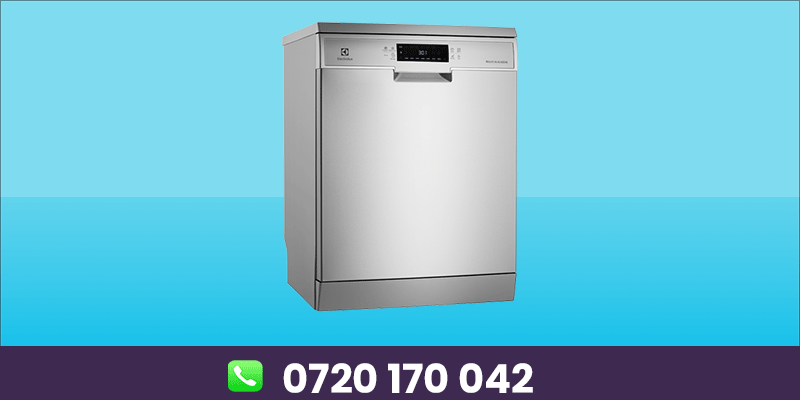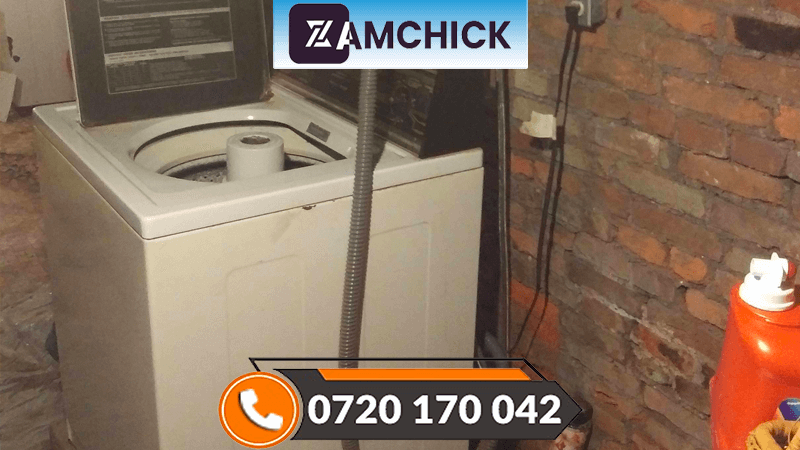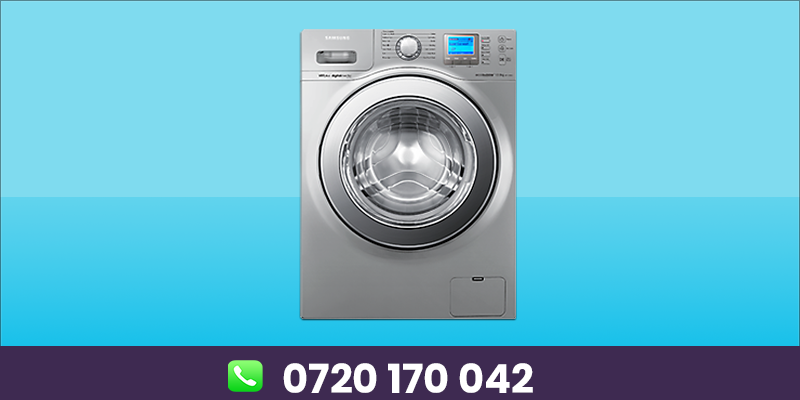Poultry Eggs Incubators: Hatching Success in the Modern Poultry Industry
Poultry eggs incubators are revolutionary devices that have transformed the way we nurture and hatch chicken, duck, turkey, and other poultry eggs. In the modern poultry industry, these incubators play a pivotal role in ensuring healthy chick production, reducing labor intensity, and maximizing hatch rates. Let’s delve into the world of poultry eggs incubators and understand their significance in today’s agricultural landscape.
The Basics of Poultry Eggs Incubators
Poultry eggs incubators are temperature-controlled and automated devices designed to replicate the ideal conditions required for eggs to hatch successfully. They provide a stable environment for the embryos, maintaining consistent temperature, humidity, and ventilation levels. These incubators simulate the nurturing role of a mother hen, enabling the eggs to develop into healthy chicks.
Key Features and Benefits:
Temperature and Humidity Control: Poultry eggs require specific temperature and humidity levels for successful incubation. Incubators offer precise control over these factors, ensuring that eggs receive the optimal conditions needed for proper development.
Consistency: Incubators maintain a consistent environment, eliminating the fluctuations in temperature and humidity that can occur naturally. This consistency leads to higher hatch rates and healthier chicks.
Efficiency: Incubators can handle a large number of eggs simultaneously, significantly increasing the efficiency of hatcheries. This means higher production levels without the need for as many brooding hens.
Monitoring and Alerts: Many modern incubators come equipped with advanced monitoring systems and alarms. They alert operators to any deviations in temperature or humidity, allowing for immediate adjustments and minimizing the risk of hatch failure.
Space-Saving: Incubators are compact and designed to optimize space. This is particularly advantageous for commercial poultry operations where space is at a premium.
Customization: Incubators come in various sizes and configurations to accommodate different egg quantities and types. This customization ensures that each poultry farmer can choose the right incubator for their specific needs.
Time Savings: Incubators reduce the time and effort required for egg incubation compared to natural methods. This is especially valuable in large-scale poultry farming.
Applications of Poultry Eggs Incubators:
Commercial Poultry Farming: Large-scale poultry operations rely heavily on incubators to produce a consistent supply of chicks for meat and egg production.
Rare and Exotic Breeds: Breeders of rare or exotic poultry breeds use incubators to preserve and propagate these unique genetic lines.
Research and Education: Incubators are essential tools in educational institutions and research facilities for studying embryology and poultry development.
Small-Scale Farming: Even small-scale and backyard poultry keepers benefit from incubators, as they allow for more control over hatching, especially in regions with unpredictable weather conditions.
Challenges and Considerations:
While poultry eggs incubators offer numerous advantages, they also require proper maintenance and operation to achieve the best results. Regular cleaning, calibration, and monitoring are essential to ensure the equipment functions effectively.
Poultry eggs incubators have revolutionized poultry farming, providing a consistent and efficient method for hatching eggs. They have become indispensable tools for large-scale commercial operations, small-scale farmers, and educational institutions alike. As technology continues to advance, we can expect even more sophisticated incubators to further improve hatch rates and chick quality in the poultry industry.





![![enter image description here][1]](https://zamchick.co.ke/content/images/20230902153015-bosch.png) Strange Noises: Unusual sounds like banging, clunking, or grinding during the wash cycle may indicate a problem. This can be caused by loose parts, worn-out bearings, or foreign objects caught in the drum.
Strange Noises: Unusual sounds like banging, clunking, or grinding during the wash cycle may indicate a problem. This can be caused by loose parts, worn-out bearings, or foreign objects caught in the drum. Safety First: Before attempting any repairs, ensure the washing machine is unplugged and disconnected from the water supply. Safety should be your top priority.
Safety First: Before attempting any repairs, ensure the washing machine is unplugged and disconnected from the water supply. Safety should be your top priority.